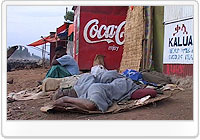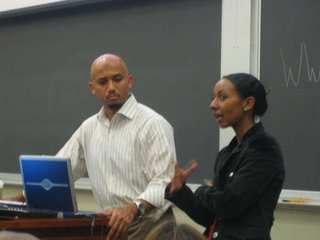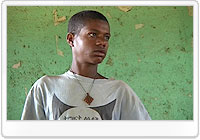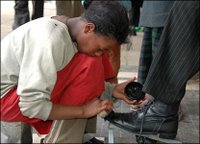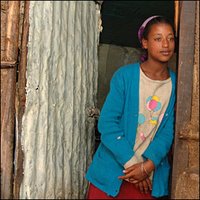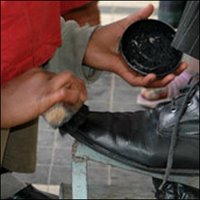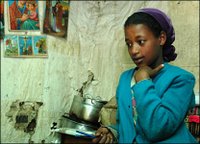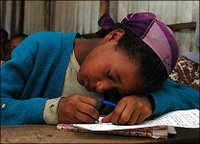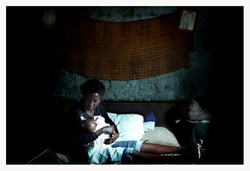 Thanksgiving & the Hiwot (Life) Campaign:
Thanksgiving & the Hiwot (Life) Campaign:by: Nasir Al-Amin
“Investing In Our Shared Future”
A Moment of Reflection on Thanksgiving
Thanksgiving offers not only a time for families and friends to gather, but also a time to remember and reflect on the vital possessions that we have such as food, shelter, health and physical security. Thus, as we end this day of gathering and reflection, lets take a moment to reflect on the plight of the 4.6 million orphans in Ethiopia; on the 30 percent of girls in Addis Ababa aged 10-14 that are not living with their parents, who were forced to run away from child marriages; lets reflect on the 8,000 sex workers that extreme poverty has forced into the sex trade; on the widowed mothers that earn $7.50 a month collecting trash, which is not enough to pay for food, rent and school fees. Make this Thanksgiving different, help Alif in its effort to contribute to a family’s effort to secure food, shelter and an education for their child.
Hiwot (Life) Campaign
Is an initiative to disengage 50 children from child labor, while simultaneously affording these 50 children with the opportunity to go to school and contribute financially to their family’s survival. Additionally, the cost of school fees, uniforms and school supplies are covered through the Hiwot Campaign, as well as each family is provided with $20 a month in an effort to aid them in securing their basic necessities: food, clothing and shelter.
Click here to join the Hiwot (Life) Campaign!

